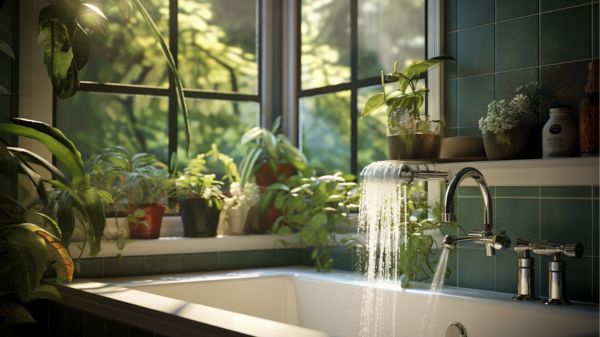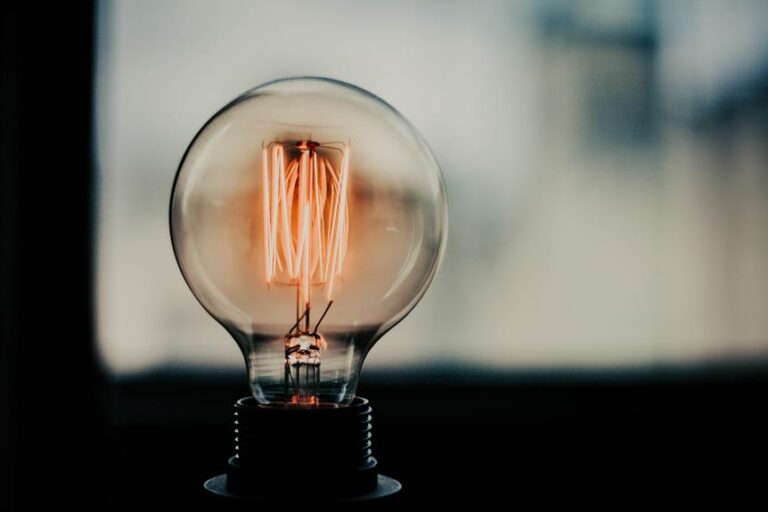Practical Steps for Energy-Efficient Water Conservation
You might think conserving water is a hassle, but it doesn’t have to be. With these practical steps, you can save energy and reduce your water consumption. Upgrade to water-efficient appliances, use proper irrigation techniques, and collect rainwater for reuse. Detect and repair leaks to avoid wasting precious water.
Lastly, make small behavior changes to conserve water in your daily routines. By following these steps, you’ll not only save money but also become a responsible member of the community.
Water-Efficient Appliances
To maximize your water conservation efforts, invest in water-efficient appliances that can significantly reduce your household water usage. Water-saving technology has come a long way, and these appliances are designed to help you save both water and money.
By opting for water-efficient appliances, you can enjoy several benefits. Firstly, these appliances use advanced technology to minimize water wastage, ensuring that every drop counts.
Secondly, they can help you lower your water bills by reducing your overall water consumption. Additionally, these appliances often come with features like smart sensors and timers, allowing you to customize and optimize water usage according to your needs.
Proper Irrigation Techniques
To effectively conserve water and optimize your water usage, you can implement proper irrigation techniques. Efficient watering methods are essential for sustainable landscaping and minimizing water waste.
One of the most effective techniques is drip irrigation, which delivers water directly to the roots of plants, reducing evaporation and runoff.
Another method is using smart irrigation controllers, which adjust watering schedules based on weather conditions and soil moisture levels. These controllers also allow you to monitor and control your irrigation system remotely, ensuring efficient water usage.
Additionally, consider grouping plants with similar water needs together, so you can water them more efficiently. Regularly inspecting and maintaining your irrigation system will also help identify leaks and ensure optimal performance.
Rainwater Harvesting
You can start conserving water by implementing rainwater harvesting techniques. Here are four practical steps to get you started:
- Rain barrel installation: Place rain barrels at downspout locations to collect rainwater from your roof. This water can be used for various purposes, such as watering plants and washing cars.
- Greywater recycling: Install a greywater recycling system to reuse water from your sinks, showers, and laundry. This water can be treated and used for irrigation or flushing toilets.
- Proper maintenance: Regularly inspect and clean your rain barrels to ensure efficient water collection. Also, maintain your greywater recycling system by following manufacturer guidelines.
- Educate yourself: Learn about local regulations and guidelines for rainwater harvesting and greywater recycling. Stay updated on best practices and new technologies to maximize water conservation efforts.
Leak Detection and Repair
As you continue your water conservation journey, it’s important to address leak detection and repair to prevent water waste.
Leak prevention is a crucial aspect of water conservation as even a small leak can result in significant water loss over time. Regular plumbing maintenance is key to identifying and fixing leaks promptly.
Start by checking all visible pipes, faucets, and fixtures for any signs of leakage. Look for water stains, dampness, or mold growth around these areas.
Additionally, monitor your water meter regularly to detect any sudden increase in water usage, which could indicate an undetected leak.
If you suspect a leak, it’s essential to promptly repair it to prevent further water waste and conserve this precious resource.
Behavior Changes for Water Conservation
Make simple changes to your daily routines and habits to conserve water effectively. By adopting water saving habits, you can contribute to the conservation of this precious resource.
Here are four behavior changes you can start implementing today:
- Turn off the faucet while brushing your teeth or shaving to save up to 3 gallons of water per minute.
- Use a full load in your washing machine and dishwasher to maximize water efficiency.
- Fix any leaks promptly, as even a small drip can waste hundreds of gallons of water per month.
- Educate your community about the importance of water conservation through workshops, campaigns, or social media.
Conclusion
In conclusion, implementing energy-efficient water conservation practices is crucial for sustainability. By utilizing water-efficient appliances and practicing proper irrigation techniques, we can significantly reduce water consumption.
Moreover, rainwater harvesting and leak detection and repair are effective methods to conserve water resources. Making behavior changes, such as taking shorter showers and fixing leaky faucets, can also make a significant impact.
Did you know that by fixing a leaking faucet, you can save up to 3,000 gallons of water per year? Every small effort counts towards preserving our precious water supply.






